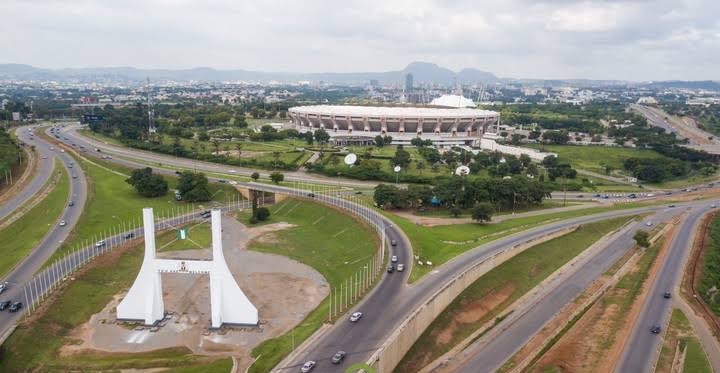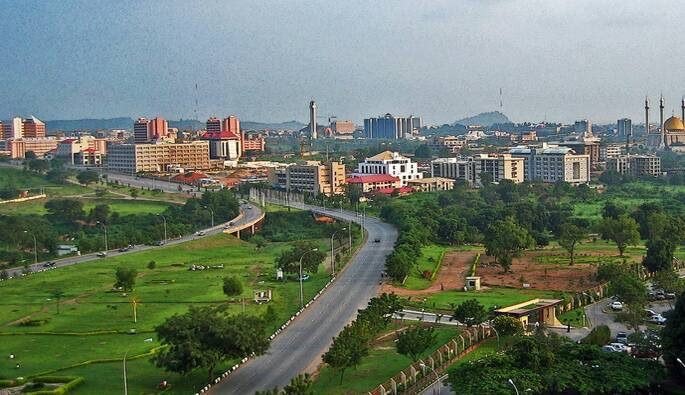When discussing Nigeria’s capital, many people often use “Abuja” and “FCT” interchangeably. However, while they are closely related, they are not the same thing. This article aims to clarify the differences between Abuja and the Federal Capital Territory (FCT), and explain why people might mistakenly say they live in Abuja when they actually reside in the broader FCT. Lets discuss Abuja vs FCT
Table of Contents
The Federal Capital Territory (FCT)

The Federal Capital Territory (FCT) was established in 1976, following the need for a neutral location for Nigeria’s capital. The idea was to have a capital that wasn’t dominated by any particular ethnic group, providing a center of unity for the nation. Hence, the FCT was carved out from parts of the surrounding states, encompassing an area of approximately 8,000 square kilometers.
The FCT is governed directly by the federal government and is administered by the Federal Capital Territory Administration (FCTA). It is divided into six area councils:
- Abuja Municipal Area Council (AMAC)
- Bwari Area Council
- Gwagwalada Area Council
- Kuje Area Council
- Kwali Area Council
- Abaji Area Council
Each of these councils operates semi-autonomously under the broader governance structure of the FCTA.
Abuja: The Capital City
Within the FCT lies Abuja, the planned city that serves as Nigeria’s capital. Abuja was chosen due to its central location, accessibility, and the potential for planned development. Officially designated in 1991, Abuja replaced Lagos as Nigeria’s capital, allowing for a fresh start in a purpose-built city.
Abuja is often referred to as the “Center of Unity” because it was intended to bring together Nigeria’s diverse ethnic and cultural groups in a single administrative hub. The city itself is meticulously planned, with districts dedicated to various purposes, including government buildings, residential areas, commercial zones, and green spaces.
Key Differences : Abuja vs FCT
What is the difference between Abuja And the FCT ?
Abuja simply represents Abuja Municipal Area Council (AMAC) , which is an area council (can be likened to a local government) under the Federal Capital Territory. Abuja was properly planned and developed to look urban and compete with other cities around the world, it occupies a big geographical land mass compared to the other area councils.
Geographical Scope:
- FCT: The Federal Capital Territory encompasses a vast area of 8,000 square kilometers, including urban and rural regions.
- Abuja: Abuja is a city within the FCT, specifically designed to serve as the capital. It is located in the center of the FCT and covers a much smaller area compared to the entire territory.
Administrative Structure:
- FCT: The FCT is governed by the Federal Capital Territory Administration (FCTA), which oversees the entire territory, including the six area councils.
- Abuja: Abuja, as the capital city, hosts the Nigerian federal government institutions, foreign embassies, and international organizations. It is the administrative and political heart of the nation.
Urban vs. Rural:
- FCT: The FCT includes both urban and rural areas. While Abuja is highly urbanized with modern infrastructure, other parts of the FCT, such as Bwari, Gwagwalada, Kuje, Kwali, and Abaji, have more rural characteristics with less dense populations and different lifestyles.
- Abuja: As an urban center, Abuja features high-rise buildings, well-planned neighborhoods, and extensive amenities, reflecting its status as the nation’s capital.
Common Misconceptions
Due to the intertwined nature of Abuja and the FCT, it’s common for people to say they live in Abuja when they actually reside in one of the other areas within the FCT. This confusion arises from several factors:
- Proximity and Influence:
The influence of Abuja as the capital city extends beyond its official boundaries. Nearby towns and communities benefit from the city’s infrastructure and services, leading residents to identify more with Abuja than their specific area council. - Administrative Importance:
Abuja’s role as the seat of government makes it the focal point of the entire FCT. Consequently, people living in surrounding areas might associate themselves with Abuja to signify their connection to the capital. - Ease of Reference:
For many, saying “Abuja” is simpler and more universally recognized than specifying a particular area council within the FCT. This is especially true for those interacting with people unfamiliar with Nigeria’s administrative divisions.
Living in the FCT

Living in the FCT offers a unique blend of urban and rural experiences. Residents enjoy the benefits of proximity to the nation’s capital, including access to government services, better infrastructure, and economic opportunities. However, the lifestyle can vary significantly depending on whether one lives in urban Abuja or one of the more rural area councils.
For instance:
- Abuja (City): Residents experience a modern urban lifestyle with high-rise buildings, shopping malls, restaurants, and entertainment options. The city’s layout promotes easy access to various amenities and government offices.
- Gwagwalada: As one of the area councils, Gwagwalada offers a mix of urban and rural living. It hosts a significant population due to its location along major transportation routes, yet maintains a more relaxed, community-focused atmosphere.
- Bwari: Known for its educational institutions, Bwari has a youthful vibe with many students and academic professionals. It blends the tranquility of a smaller town with the benefits of being close to Abuja.
- Kuje, Kwali, and Abaji: These area councils have more rural characteristics, with agriculture playing a significant role in the local economy. Residents here might enjoy more open spaces and a slower pace of life compared to the bustling city of Abuja.
Conclusion
Understanding the distinction between Abuja and the FCT is essential for appreciating the unique administrative and geographical setup of Nigeria’s capital region. While Abuja serves as the political and administrative heart of the country, the FCT encompasses a broader area with diverse lifestyles and communities. Recognizing this difference helps in accurately describing one’s residence and appreciating the rich tapestry of life within the Federal Capital Territory.
For more detailed insights into the area councils within the FCT, you can refer to a previous article on the topic here. Additionally, to understand why Abuja is often called the “Center of Unity,” you can read more here.




